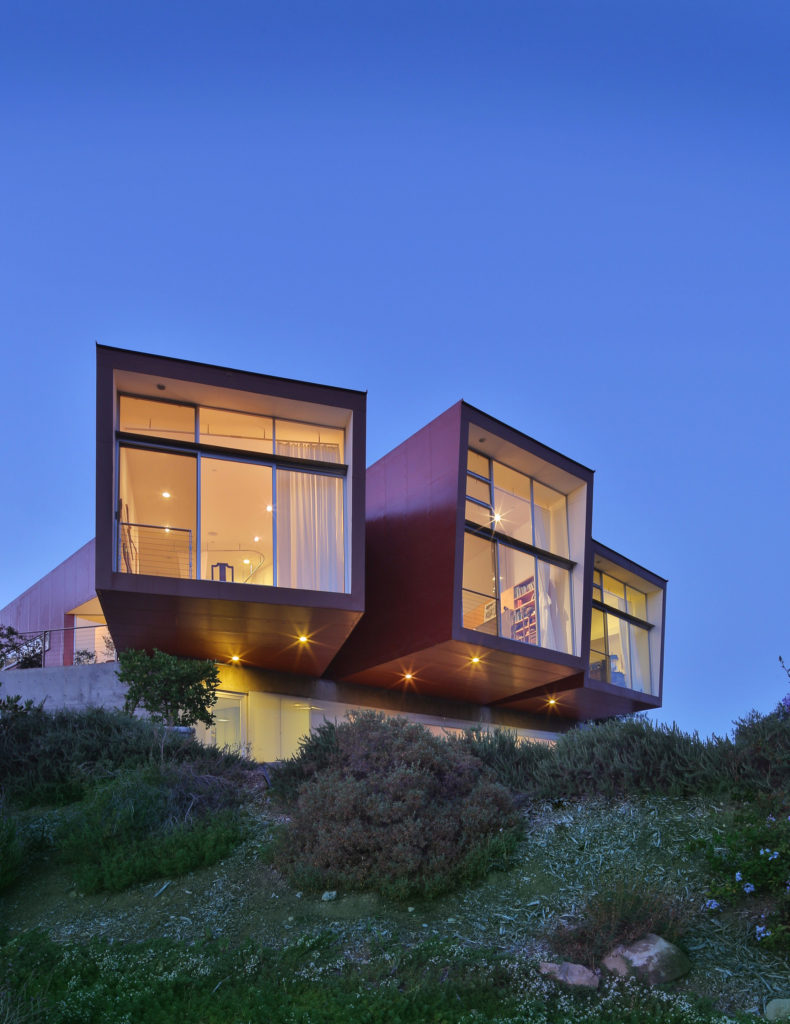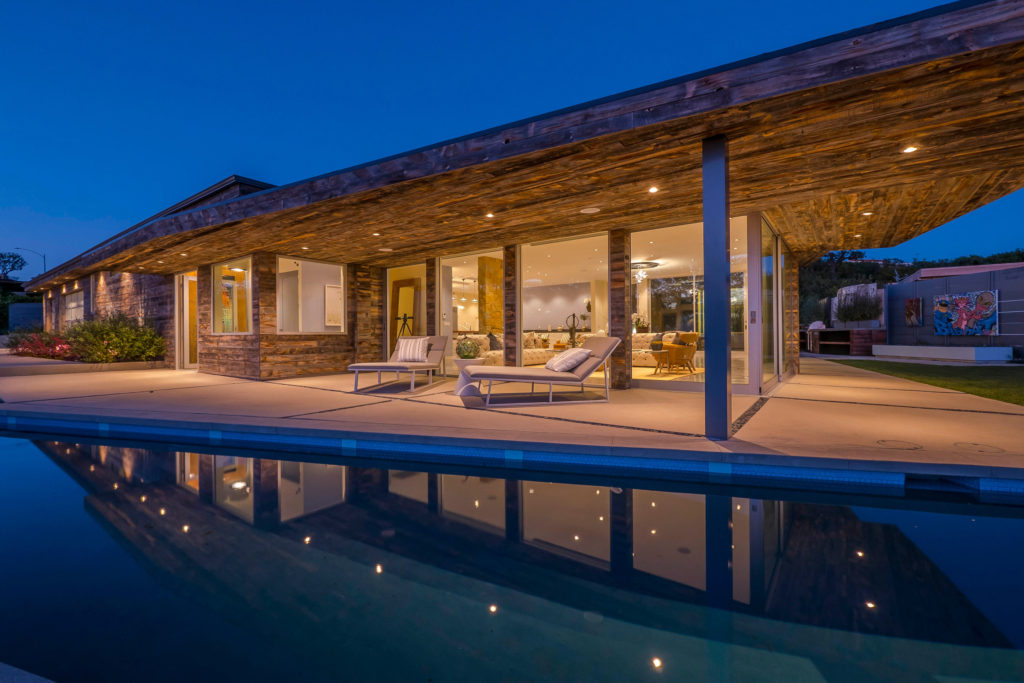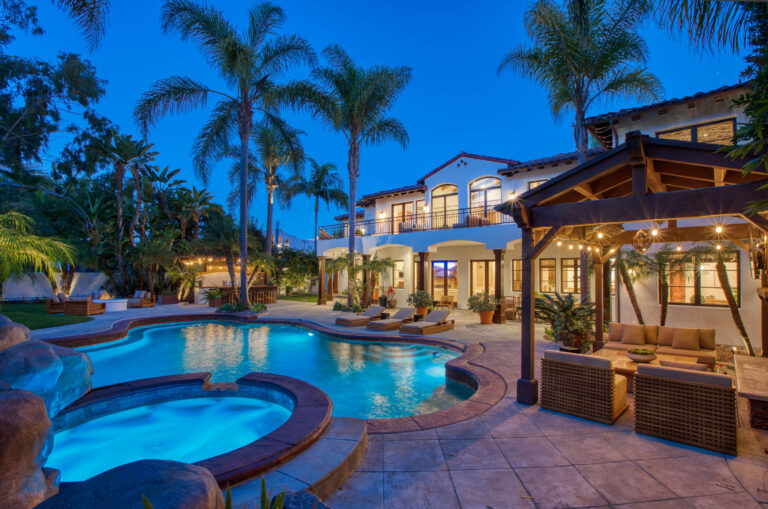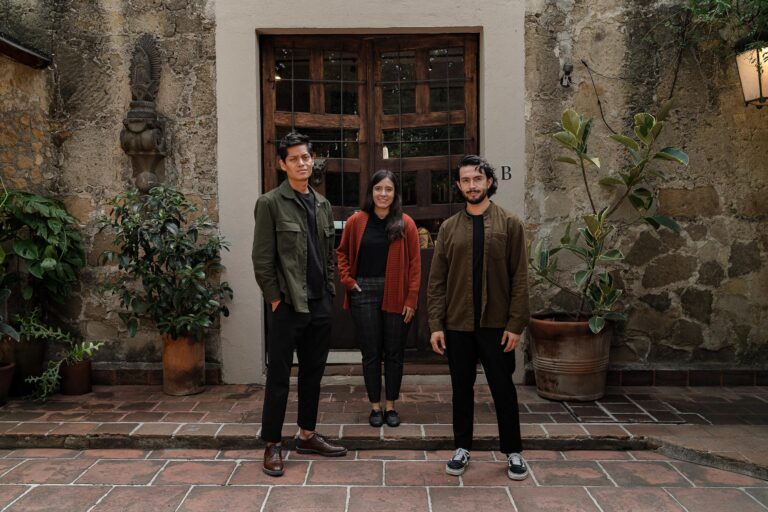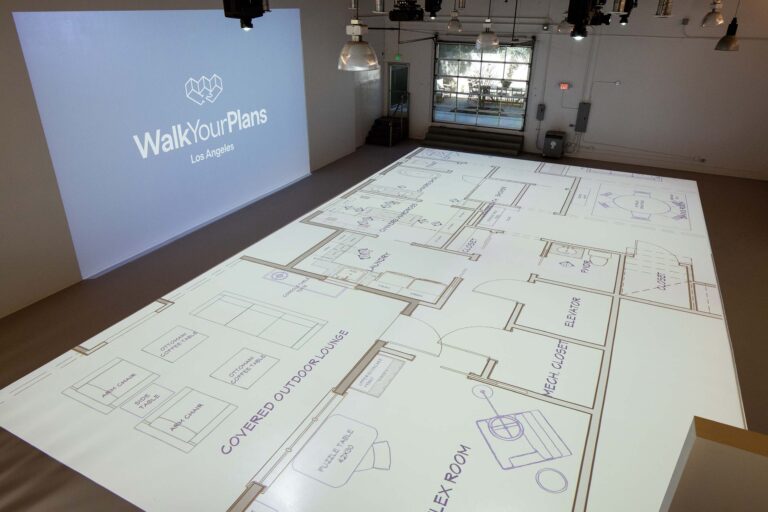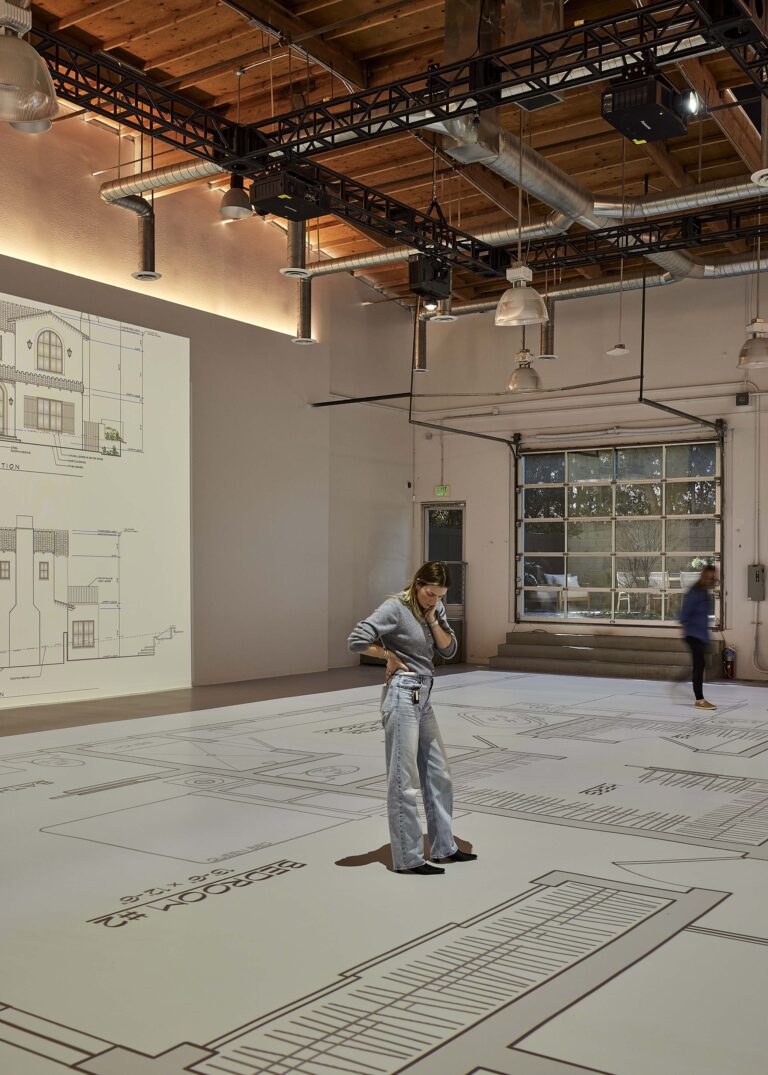Anthony Marguleas Founder of Amalfi Estates—Giving, Winning & Teaching
“I have a weird belief on money. I believe once your basic needs are met, it should be given away to help others.”
This from Anthony Marguleas, who has translated this belief into action at Amalfi Estates, the independent agency in Pacific Palisades he founded in 1995. Every time a home is sold—which is often—10 percent of the commission is given to charity.
“I enjoy helping people,” Anthony Marguleas says simply.
On each sale, the client selects from one of five charities, each with a different focus, from homelessness and children to animals, health and the local community. “We don’t market ourselves as a real estate company,” he points out. “We’re a philanthropic company that happens to be experts in selling real estate.”
The Philanthropic Firm
Since 2014, Amalfi Estates have given nearly $750,000 to charity
Client Satisfaction
150 five-star client reviews across Yelp and Zillow
Team Work
In 2017, Marguleas’ team was ranked at 143rd in the nation by REAL Trends/The Wall Street Journal for top teams by transaction volume, with $140 million in sales
This contrarian bent shows up in almost everything Anthony Marguleas touches and happens to yield terrific results. For instance, he’s never worked at a residential brokerage firm (“I didn’t learn any bad habits,” he says with a laugh), yet his independent firm regularly racks up Best in Nation accolades and sales records.
“I’m not a salesperson,” says Anthony Marguleas, who’s nonetheless achieved over $1 billion dollars in sales during his career: “I’m analytical.” It’s a distinction that’s important, given the extent to which data gathering and analysis drive—and differentiate—his business.
“We do things quite differently.” This means having more structures and systems in place than other firms. Example: While the average agent might conduct one or two home inspections during a home purchase, an Amalfi agent will conduct seven or eight.
If common real estate wisdom says the slowest time of year to sell is winter, or the best time to sell is spring, “We question that,” says Anthony Marguleas. “We have some of our best months in December and January, as there are fewer competitive properties to compete with on the market.”
Likewise, he’ll recommend to his sellers not to sell when the market is soft or at the start of a recovery, and to be careful when buying when prices are close to the peak. Why? “Because it’s the truth,” he says.
Giving back and investing in others comes in many forms for Anthony Marguleas, including passing his knowledge of real estate—and how to turn its existing conventions sideways—to others. To that end, he’s penned hundreds of articles, taught real estate at UCLA for the past 14 years and co-authored a book, California Real Estate Client Strategies.
“The real estate industry for 100 years has all been trained in very archaic methods,” says Anthony Marguleas. Door knocking. Cold calling.
Our industry is one of the last industries that’s being changed. There’s a lot of newer models that are coming out that are going to shake up our industry.
Getting the real estate community on board with giving back to the community is a change he’s happy to spearhead. While the average agent or firm gives maybe $50 to $100 per transaction, Anthony Marguleas notes, “Our agents give on average about $7,000.”
The difference translates into a real-world impact. His team funds five wishes a year (at about $10,000 per wish) for Make-A-Wish Foundation. They’ve annually paid to shelter 150 dogs up for adoption at spcaLA and each year, funded a week’s lodging for 130 cancer patients through the American Cancer Society. “We’ve been able to touch a lot of lives in a very short period, which we’re very excited about.”

